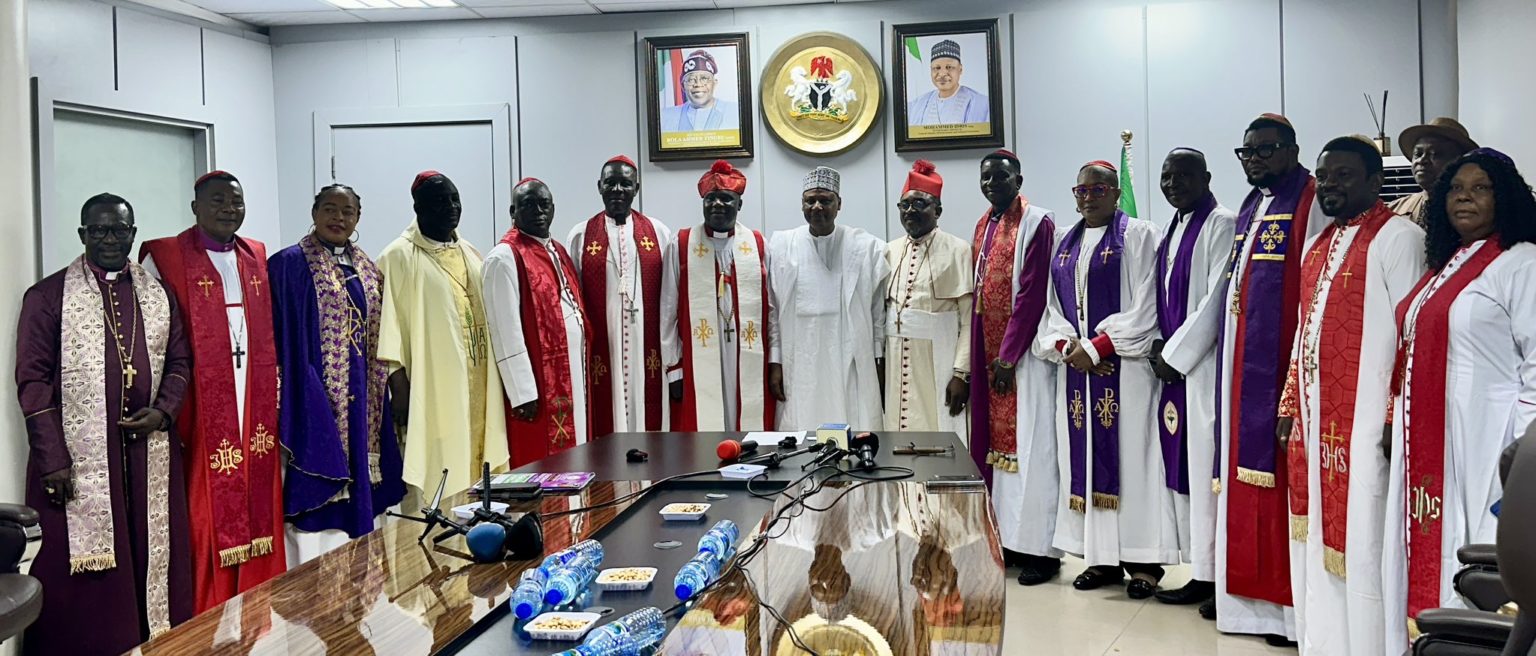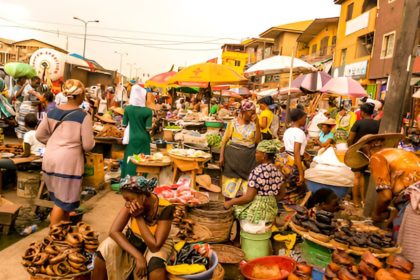By Adeyemi Adekunle
Nigeria’s Minister of Information and National Orientation, Mohammed Idris, announced the Tinubu administration’s commitment to upholding the right to peaceful protest without compromising public order.
Speaking during a courtesy visit from the Charismatic Bishop Conference in Abuja on Wednesday, Idris stressed that the government recognizes the right of Nigerians to protest but remains vigilant against potential violence.
“The government of President Bola Ahmed Tinubu believes in the freedom of everyone within the confines of the law to do what they think is right for them,” Idris said.
“The President is not an opponent of protest but an opponent of violence and anything that will negatively impact the wellbeing of Nigerians. Within the tenets of democracy, you have every right to do whatever you want to do provided that right does not infringe on another person’s right.”
Idris emphasized the administration’s awareness of genuine concerns from Nigerians but warned against the risks of protests being hijacked by violent elements.
“Why everybody is very cautious and weary of this national protest is because we have seen what has happened around the world. We know that it’s almost impossible to hold this protest and then have peace at the end of the day,” he noted.
In a show of responsiveness to public grievances, President Tinubu is rolling out unprecedented policies aimed at providing economic relief. Idris highlighted a new initiative to support unemployed university and polytechnic graduates.
“The President is fashioning out a policy of paying stipends to all young university and polytechnic unemployed graduates pending their formal employment in any sector of the economy,” he said.
Moreover, Tinubu’s administration has made strides in labor relations, securing a new national minimum wage of N70,000 through continued dialogue with labor unions.This move underscores the President’s dedication to the welfare of Nigerian workers, even after the Tripartite Committee on the National Minimum Wage had concluded its assignment.
In a significant policy shift, the introduction of the Compressed Natural Gas (CNG) initiative aims to reduce transportation costs by about 60%, offering a sustainable alternative to petrol and diesel.”Any government procurement of vehicles or machinery henceforth must have a component of CNG embedded in the contracts,” Idris announced, marking a transformative step in Nigeria’s economic landscape.
Security improvements also feature prominently in Tinubu’s tenure, with marked progress in stabilizing former hotspots, particularly the notorious Abuja-Kaduna Expressway. “There has been a remarkable improvement in most of the flashpoints in the country since the advent of the Tinubu administration,” Idris stated, reflecting the government’s ongoing efforts to enhance national security.
The Charismatic Bishops Conference, represented by its President General, Archbishop Leonard Kawas, distanced itself from the planned national protest. “We had been approached by some groups to join the protest, but we are not participating,” Kawas affirmed, supporting the government’s cautionary stance.
As Nigeria navigates the complexities of maintaining civil liberties alongside public safety, the Tinubu administration’s multifaceted approach seeks to balance these priorities.
The government’s proactive measures in addressing economic, security, and labor issues underscore its commitment to the nation’s progress, while its firm stance against violence aims to protect the well-being of all Nigerians.




